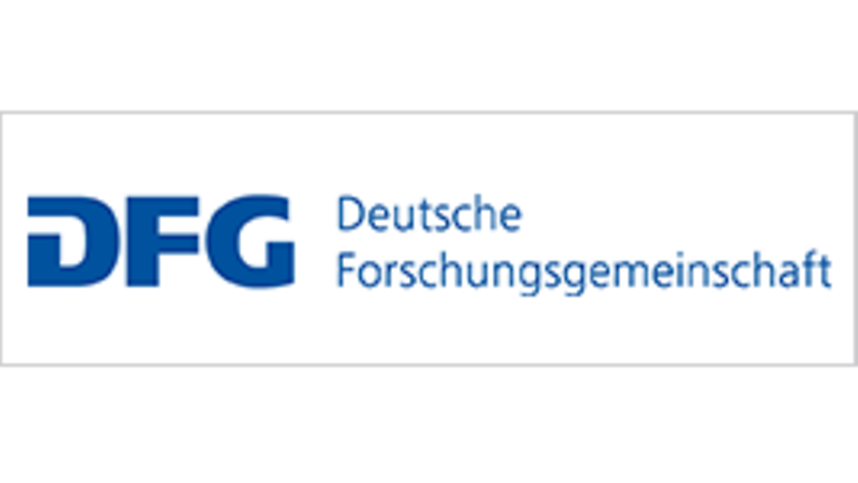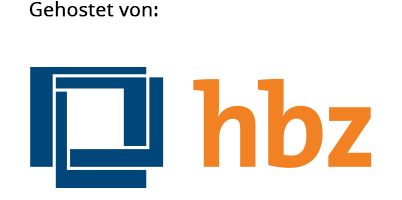Submissions
Submission Preparation Checklist
As part of the submission process, authors are required to check off their submission's compliance with all of the following items, and submissions may be returned to authors that do not adhere to these guidelines.- The submission has not been previously published, nor is it before another journal for consideration (or an explanation has been provided in Comments to the Editor).
- The submission file is in OpenOffice, Microsoft Word, or RTF document file format.
- Where available, URLs for the references have been provided.
- The text is 1.5-spaced; uses a 12-point font; employs italics, rather than underlining (except with URL addresses); and all illustrations, figures, and tables are placed within the text at the appropriate points, rather than at the end.
- The text is arranged according to the guidelines for authors.
- The author has requested publication permission for all images.
- All images in the article have been uploaded as jpg files with a resolution of at least 300dpi.
- The author has provided his*her ORCID ID.
Privacy Statement
Privacy policy
Data protection at a glance
The following privacy policy relates to the https://www.enhe.eu/ website. It informs you about the type, scope and purpose of the processing of personal data within our online offering. With regard to the terms used, such as "personal data" or their "processing", we refer to the definitions in Art. 4 of the General Data Protection Regulation (GDPR).
On 25th May 2018, the EU-wide General Data Protection Regulation (GDPR) came into force, which strengthens the rights of individual users. We will inform you about your rights under "Rights of data subjects".
1 Name and contact details of the controller
The controller within the meaning of the General Data Protection Regulation and other data protection regulations is the: https://www.enhe.eu/enhe/imprint.
2 Accessing the website
The publication system we use, Open Journal Systems (OJS), only uses cookies if you log in to our website. The cookies set in this case are necessary to enable you to participate in the editorial process of our journal, as otherwise you would not be able to use OJS from your computer. We do not collect any further data through cookies.
Our website https://www.enhe.eu/ is registered via united-domains AG. Users who enter this address are forwarded to the OJS server of the hbz (University Library Centre of North Rhine-Westphalia).
3 General purposes of processing
We use personal data for the purpose of operating the website. Personal data is information that can be used to identify you personally. This includes information such as name, postal or IP address (unless anonymised), telephone number, email address and institutions.
4 Scope and purpose of the processing of personal data
4.1 Registration on the website
Description and scope of data processing
On our website, we offer users the opportunity to register as authors, readers or reviewers by providing personal data. The data is entered into an input mask and transmitted to us and stored. Registration does not serve to conclude a contract with the user. User registration is required for the provision of certain content and services on our website, such as notification of a new publication.
The following data is collected as part of the registration process:
Profile:
- First and last name
- Institution
- Country
Log-in:
- User name
- Repeat password/password
It is mandatory to tick the first checkbox of the registration process:
Yes, I consent to my data being collected and stored in accordance with the Privacy Policy.
Consent to the other two checkboxes is optional:
Yes, I would like to be notified of new releases and announcements.
Yes, I would like to be contacted to request reviews for submissions to this journal.
4.2 Option to object to and cancel registration
As a user, you have the option of cancelling your registration at any time. You can have the data stored about you amended at any time. To have your account deleted or your data changed, simply send an e-mail to editors@enhe.eu.
If the user account is cancelled, the data relating to the account, such as e-mail traffic, will be retained, but can no longer be assigned to the user.
4.3 Personal details when submitting contributions
Personal details submitted together with contributions (in particular names, institutional affiliation, biographical information, e-mail and homepage address) will be published with the contribution if it is published.
4.4 Usage statistics
For the purpose of analysing the use and reach of our journal and the articles published here, we document and store access to the journal's main page, issues, articles, flags and additional files.
The information collected is only used to statistically analyse the use of the content. IP addresses are not assigned to user IDs. It is technically impossible to subsequently trace a specific data record to a specific IP address.
The processed information is electronically recorded and used by the North Rhine-Westphalia University Library Centre (hbz) and stored centrally in its computer centre.
The information is used for editorial purposes by the editors and publishers of the journal. It will not be passed on to third parties unless we are legally obliged or authorised to do so (e.g. in connection with criminal prosecution, suspected plagiarism or other copyright infringements).
5 SSL encryption
This website uses SSL encryption for security reasons and to protect the transmission of confidential content. You can recognise an encrypted connection by the fact that the address line of the browser changes from "http://" to "https://" and by the lock symbol in your browser line.
If SSL encryption is activated, the data you transmit to us cannot be read by third parties.
6 Forwarding of data
Your personal data will not be transferred to third parties for purposes other than those listed below. Personal data will be transmitted to third parties if:
- in accordance with Art. 6 para. 1 sentence 1 letter a) GDPR, the data subject has expressly consented to this,
- there is a legal obligation for the transfer of data pursuant to Art. 6 para. 1 sentence 1 lit. c) GDPR, and/or
- this is necessary for the fulfilment of a contractual relationship with the data subject pursuant to Art. 6 para. 1 sentence 1 letter b) GDPR.
7 Rights of data subjects
If your personal data is processed, you are a data subject within the meaning of the GDPR and you have the following rights towards the controller:
7.1 Right to information
You can request confirmation from the controller as to whether personal data concerning you is being processed by us.
If such processing is taking place, you can request the following information from the controller:
(1) in accordance with Art. 15 GDPR, the purposes for which the personal data are processed;
(2) in accordance with Art. 15 GDPR, the categories of personal data being processed
(3) the recipients or categories of recipients to whom the personal data concerning you have been or will be disclosed, in accordance with Art. 15 GDPR
(4) in accordance with Art. 15 GDPR, the planned duration of the storage of the personal data concerning you or, if specific information on this is not possible, criteria for determining the storage period
(5) in accordance with Art. 16 GDPR, the existence of a right to rectification or, in accordance with Art. 17 GDPR, the erasure of personal data concerning you, a right to restriction of processing by the controller or a right to object to such processing;
You also have the right to:
(1) in accordance with Art. 7 (3) GDPR, to withdraw your consent once given to us at any time. The consequence of this is that we may no longer continue the data processing based on this consent in the future and
(2) to lodge a complaint with a supervisory authority in accordance with Art. 77 GDPR.
(3) to request information as to whether the personal data concerning you is transferred to a third country or to an international organisation. In this context, you may request to be informed of the appropriate safeguards pursuant to Art. 46 GDPR in connection with the transfer.
7.2 Right to object
If your personal data is processed on the basis of legitimate interests in accordance with Art. 6 para. 1 sentence 1 lit. f GDPR, you have the right to object to the processing of your personal data in accordance with Art. 21 GDPR, provided that there are reasons for this arising from your particular situation. If you wish to exercise your right of revocation or objection, simply send an e-mail to editors@enhe.eu.
8 Changes to this privacy policy
We reserve the right to update the privacy policy in due course if this becomes necessary due to changes in the legal situation.





